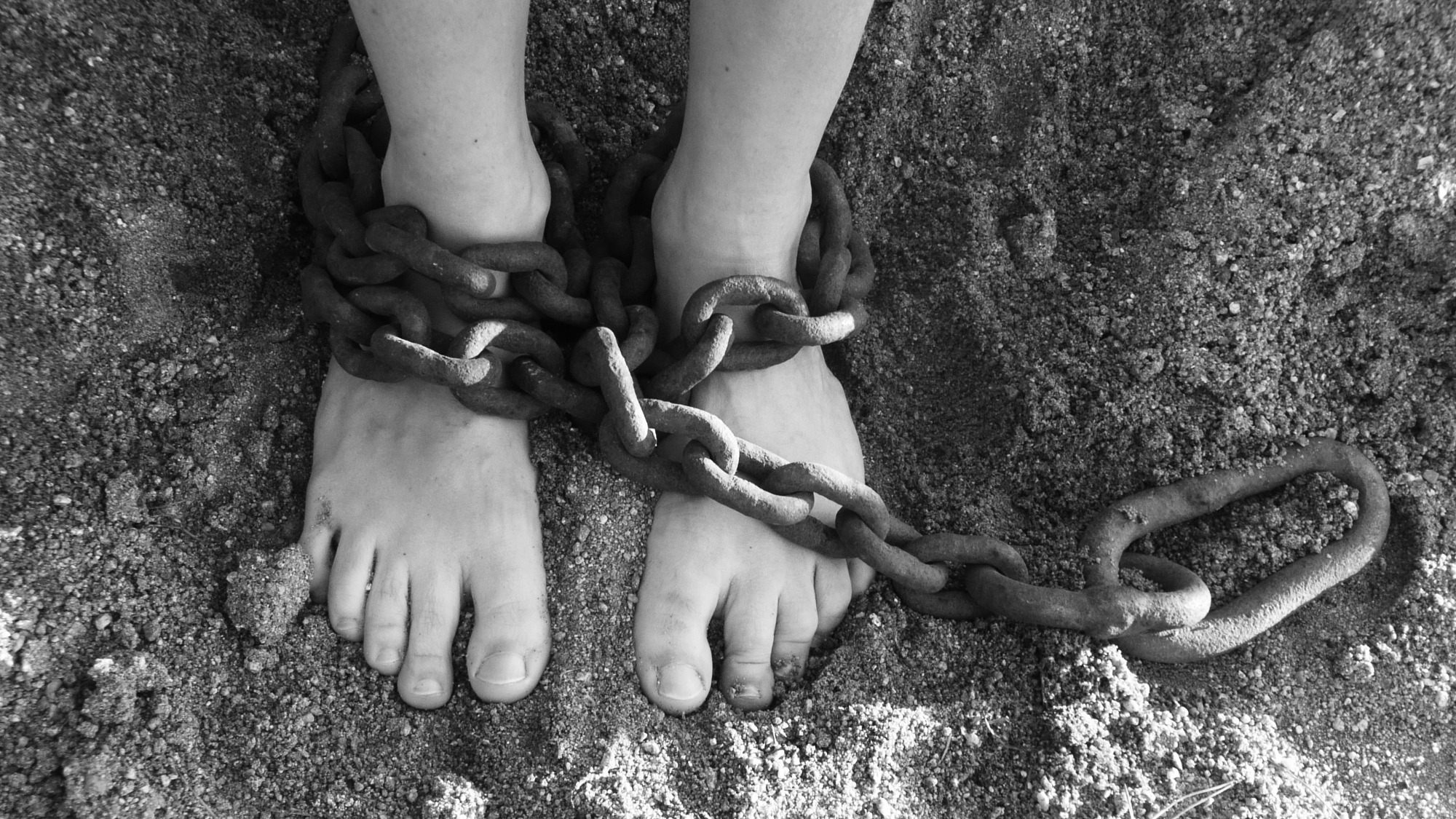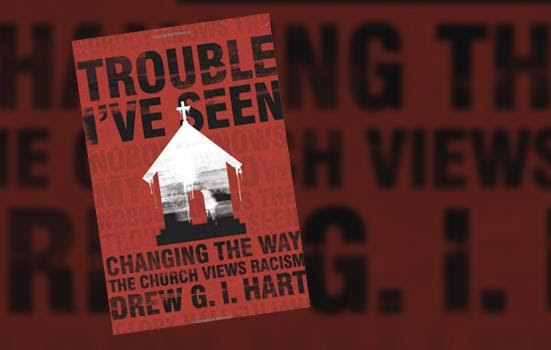Not Against Blood and Flesh
"Finally, be strong in the Lord and in the strength of his power. Put on the whole armor of God, so that you may be able to stand against the wiles of the devil. For our struggle is not against enemies of blood and flesh, but against the rulers, against the authorities, against the cosmic powers of this present darkness, against the spiritual forces of evil in the heavenly places. Therefore take up the whole armor of God, so that you may be able to withstand on that evil day, and having done everything, to stand firm. Stand therefore, and fasten the belt of truth around your waist, and put on the breastplate of righteousness. As shoes for your feet put on whatever will make you ready to proclaim the gospel of peace. With all of these, take the shield of faith, with which you will be able to quench all the flaming arrows of the evil one. Take the helmet of salvation, and the sword of the Spirit, which is the word of God."
Ephesians 6:10-17, NRSV
There’s no denying that blood and flesh is an inescapable part of our lives as human beings. We have bodies and physical senses that influence a lot of our experiences, and we have to respond to that. We don't get to pretend that our physicality or the physicality of the world around us don’t exist. However, Paul adds a final point in his letter to the Ephesians: our struggle isn’t against enemies of blood and flesh.
We know from John that the Word became flesh and dwelled among us — that is, us human beings in this creation. We know that Jesus was flogged and crucified and died, and that was carried out by human beings at the command of human beings. There was blood that poured out, and his body was broken, and the ones who did that to Jesus had bodies of blood and flesh. So, what does Paul mean when he says our struggle isn’t against enemies of blood and flesh? Weren’t Jesus’s enemies human beings of blood and flesh?
Jesus's Enemies
It can’t be overstated that the people who crucified Jesus were not the enemies he came to conquer. Paul does say that sin makes us enemies of God (Romans 5:10), but in that same verse, he says that God reconciled us to Godself through the death of Jesus and that we will be saved through Jesus’s life. God’s mission, through Jesus, was not, and is not, to conquer us but to reconcile us and save us. This is what I mean when I say that Jesus’s killers were not the enemies he came to conquer.
Just a few chapters over, in Romans 8, Paul writes that "we are more than conquerors through him who loved us" (v.37, NRSV), so not only are we not conquered, we are exalted to join Jesus as conquerors, and John agrees with Paul (1 John).
What we conquer is death (saved through Jesus’s life), because Jesus conquered death (2 Timothy 1:10). Death comes through sin (Romans 5:12), so to conquer death, Jesus must also conquer sin (1 Peter 3:18). This is why Paul says that our enemies are not blood and flesh. Our enemies are sin and death.
The people who crucified Jesus — the religious leaders who arrested him and incited a riot, the political leaders who conceded, the soldiers who tortured and crucified him, the crowds who did nothing — all of these people were slaves to sin and, therefore, death. They either resigned themselves to or leaned into that which they thought was the most powerful force in all the universe: death, particularly death through violence. On the cross and through the resurrection, Jesus conquers that and sets aside the power of death.
As Christians, as those who follow Jesus to be like Jesus and participate in that same reconciling, renewing, saving, and conquering mission of God, we don’t fight against blood and flesh. We fight against that deeper injustice of sin and death. We stand against that power that enslaves all human beings, because all people have sinned (Romans 5:12).
The Armor of God
The armor of God is suited to this. Truth, justice (righteousness), peace, faith, and the Spirit (the word of God) don’t combat blood and flesh. That is, it isn’t by physically conquering or overpowering blood and flesh that these things succeed. Instead, they call into question the power of death by working to set right what is broken in the world. We see these things in Jesus’s ministry as the actions of his life stand opposed to the prevailing power structures. He could have called legions of angels to destroy the world (to conquer blood and flesh), but that wasn’t the goal. Neither is it our goal.
As I said in the beginning, we can’t escape the reality of our physicality. Who we are and what we experience is inseparable from blood and flesh, but that isn’t all of who we are. It isn’t all of what exists. When we make the gospel out to be a physical war where the victor is the one who exerts the most force and overpowers their opponents, we make the same mistake that was made by those who crucified Jesus: we are merely fighting against blood and flesh. When we boil Christian righteousness down to physical and political authority or superiority, we trade the Kingdom of Grace for the a kingdom of death.
But, again, our lives are inseparable from blood and flesh. Combatting sin and death may not be about physical or worldly conquest, but that doesn't mean it's unrelated to physical suffering and injustice. Just like we see in Jesus's ministry, a big part of how we participate in God's mission is by addressing the very real and often physical suffering around us. We live into God's kingdom by loving mercy and doing justice through embodied action. As N. T. Wright is fond of saying, things work for good through those who love God.
Fasten the belt of truth around your waist, and put on the breastplate of righteousness. As shoes, put on whatever will make you ready to proclaim the gospel of peace. Take the shield of faith. Take the helmet of salvation, and the sword of the Spirit. Right what is wrong in the world, not by conquering blood and flesh but by taking up our crosses and following Jesus.




Comments
Post a Comment